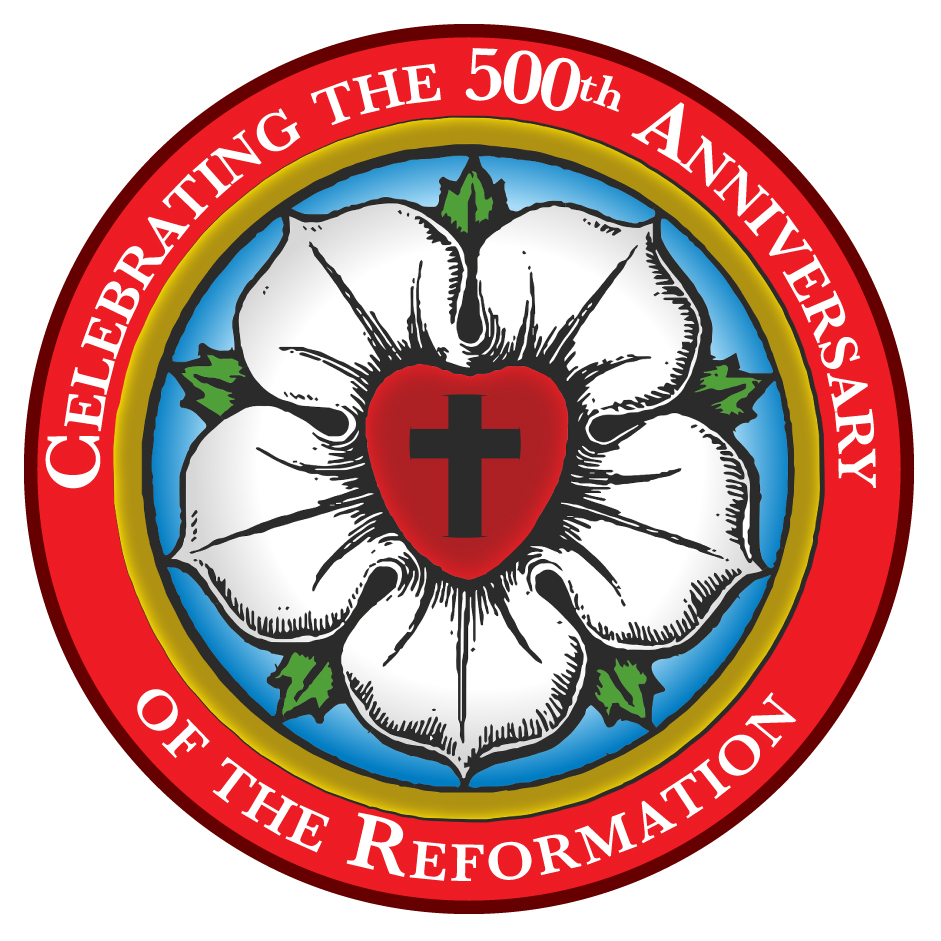 Today’s guest post comes to us from Paige Patterson for 9Marks.org.
Today’s guest post comes to us from Paige Patterson for 9Marks.org.
Martin Luther’s transition from Augustinian monk to cogent Reformer began with a dark night of the soul. As this monk grappled with the question of how to be acceptable to God, Johann von Staupitz evidently had been the unintentional evangelist who told Luther to read the Bible. Luther was thoroughly acquainted with Scripture, but now he read with insight. Describing his own pilgrimage, Luther said, “It was as though I were born anew.” The remainder of his life, Luther lived in the light of this new birth.
No event of the Reformation was more determinative for evangelism than Luther’s year of “friendly captivity” in Wartburg Castle. Luther used that year following the Diet of Worms to translate the New Testament into German. The invention of the printing press and the availability of the Bible to the common man were two of the most “evangelistic events” of history. Luther’s own experience of seeking right standing before God and discovering that status through the reading of Scripture led him to translate the Bible into the vernacular so that all might find Christ. At this stage, Luther was not as much interested in making Protestants out of Catholics as he was in making genuine followers of Christ out of professing “Christians.”
Click here to read the full article.
Your partner in ministry,
Nelson
Share This Post

